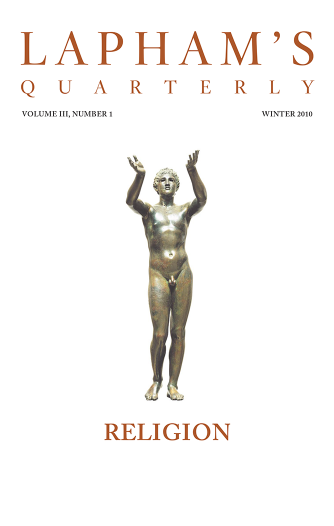It hurts to watch the fluency of a body acclimated to its shackling.
—Leslie Jamison, 2014Good Vibrations
Helen Keller has a feeling.
Sometimes it seems as if the very substance of my flesh were so many eyes looking out at will upon a world new created every day. The silence and darkness that are said to shut me in open my door most hospitably to countless sensations that distract, inform, admonish, and amuse.
With my three trusty guides, touch, smell, and taste, I make many excursions into the borderland of experience. Nature accommodates itself to every man’s necessity. If the eye is maimed, so that it does not see the beauteous face of day, the touch becomes more poignant and discriminating. Nature proceeds through practice to strengthen and augment the remaining senses. For this reason the blind often hear with greater ease and distinctness than other people. The sense of smell becomes almost a new faculty to penetrate the tangle and vagueness of things. Thus, according to an immutable law, the senses assist and reinforce one another.
It is not for me to say whether we see best with the hand or the eye. I only know that the world I see with my fingers is alive, ruddy, and satisfying. Touch brings the blind many sweet certainties that our more fortunate fellows miss because their sense of touch is uncultivated. When they look at things, they put their hands in their pockets. No doubt that is one reason why their knowledge is often so vague, inaccurate, and useless. It is probable, too, that our knowledge of phenomena beyond the reach of the hand is equally imperfect. But, at all events, we behold them through a golden mist of fantasy.
There is nothing, however, misty or uncertain about what we can touch. Through the sense of touch, I know the faces of friends, the illimitable variety of straight and curved lines, all surfaces, the exuberance of the soil, the delicate shapes of flowers, the noble forms of trees, and the range of mighty winds. Besides objects, surfaces, and atmospherical changes, I perceive countless vibrations. I derive much knowledge of everyday matter from the jars and jolts that are to be felt everywhere in the house.
Often footsteps reveal in some measure the character and the mood of the walker. I feel in them firmness and indecision, hurry and deliberation, activity and laziness, fatigue, carelessness, timidity, anger, and sorrow. I am most conscious of these moods and traits in persons with whom I am familiar.
By placing my hand on a person’s lips and throat, I gain an idea of many specific vibrations and interpret them: a boy’s chuckle, a man’s “Whew!” of surprise, the “Hem!” of annoyance or perplexity, the moan of pain, a scream, a whisper, a rasp, a sob, a choke, and a gasp. Every atom of my body is a vibroscope. But my sensations are not infallible. I reach out, and my fingers meet something furry, which jumps about, gathers itself together as if to spring, and acts like an animal. I pause a moment for caution. I touch it again more firmly and find it is a fur coat fluttering and flapping in the wind. To me, as to you, the earth seems motionless, and the sun appears to move; for the rays of the afternoon withdraw more and more as they touch my face, until the air becomes cool. From this I understand how it is that the shore seems to recede as you sail away from it. Hence, I feel no incredulity when you say that parallel lines appear to converge, and the earth and sky to meet. My few senses long ago revealed to me their imperfections and deceptions.

Helen Keller
From “The Power of Touch.” “How can the world be shriveled,” Keller writes elsewhere, “when this most profound, emotional sense, touch, is faithful to its service?” After Keller was rendered blind and deaf by illness as a child, her family consulted the inventor Alexander Graham Bell, an expert on teaching speech to the deaf; he referred them to the Perkins Institution, where Keller learned to communicate by spelling with her fingers. In 1900 she matriculated at Radcliffe College, becoming the first deaf-blind American to graduate from a university.
